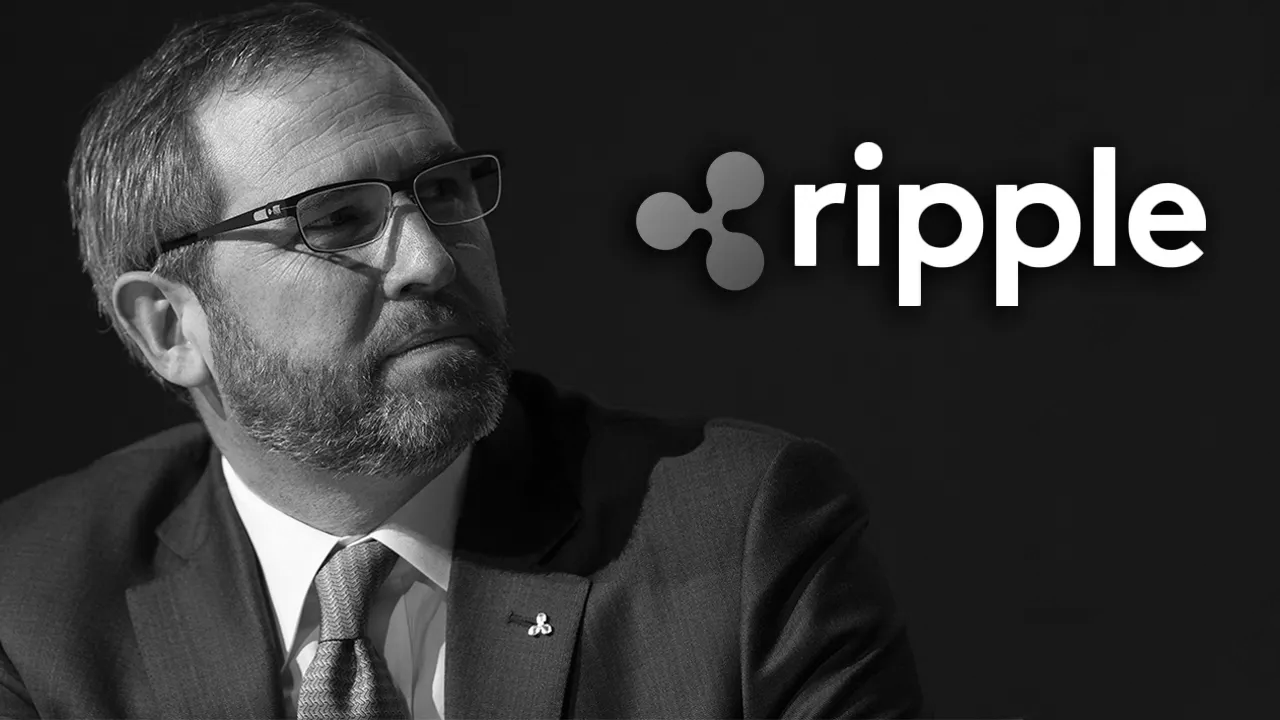Ripple CEO Visits Capitol Hill Amid Senate Crypto Regulation Debate
Today, July 9, marks a significant moment in Washington’s cryptocurrency discussions, aligned with President Trump’s ambition to position the US as the global crypto leader. Ripple’s CEO, Brad Garlinghouse, is set to testify before the Senate Banking Committee, while crypto taxation emerges as another pressing topic within Congress.
Key Takeaways:
Hide- Brad Garlinghouse will testify before the Senate Banking Committee on digital-asset market structure.
- Lawmakers will debate classifying tokens like XRP as commodities, potentially enabling altcoin ETFs.
- The SEC vs. CFTC oversight divide is central, with the GENIUS and CLARITY Acts under consideration.
- The House is exploring tax reforms: exempting small transactions and deferring staking/mining taxes.
- Senator Lummis has introduced standalone crypto tax legislation, seeking bipartisan support.
Garlinghouse to Provide Testimony as Senate Focuses on Crypto Market Framework

The Senate Subcommittee on Financial Institutions and Digital Assets will host today’s hearing titled “From Wall Street to Web3: Building Tomorrow’s Digital Asset Markets,” featuring leading industry voices. This session is anticipated to significantly shape future US digital asset regulations.
Ripple CEO Brad Garlinghouse will join Summer Mersinger of the Blockchain Association, Paradigm’s Dan Robinson, and Chainalysis co-founder Jonathan Levin.
In a statement on X (formerly Twitter), Garlinghouse advocated for balanced crypto market structure laws emphasizing innovation alongside consumer protection.
Garlinghouse’s testimony underscores Ripple’s evolving role—from battling the SEC in prolonged litigation to actively engaging as a regulatory partner.
Ripple recently withdrew its cross-appeal in its longstanding case against the SEC, which is expected to reciprocate, signaling a shift from legal battles to legislative collaboration.
Senate to Debate Commodity Classification for Tokens
The Senate will deliberate on whether cryptocurrencies such as XRP should be classified as digital commodities under existing US regulations.
Legislators will closely examine tokens’ core attributes and their parallels to traditional commodities.
Determining these criteria is pivotal, as classification as digital commodities could facilitate approval of altcoin exchange-traded funds (ETFs).
This development could enable investors to directly engage with altcoins via regulated financial instruments, attracting significant institutional investment and bolstering mainstream adoption.
Resolving Regulatory Jurisdiction Between SEC and CFTC
Today’s hearings coincide with renewed discussions addressing the longstanding debate over regulatory jurisdiction: which agency governs what aspects of crypto?
Senators Tim Scott, Cynthia Lummis, and Ruben Gallego will spearhead these discussions, aiming to synchronize the Senate’s initiatives with the House’s imminent “Crypto Week,” starting July 14. During this event, similar legislation will be debated, with potential votes on final drafts.
Momentum increased following President Trump’s endorsement of the GENIUS Act, prompting the House to prioritize it over competing proposals.
The GENIUS Act, already passed by the Senate, proposes a clear regulatory framework for stablecoins, including reserve requirements and federal licensing.
The CLARITY Act, still in draft but recently progressing, aims to designate the Commodity Futures Trading Commission (CFTC) as the primary regulator of most digital assets, limiting the Securities and Exchange Commission’s (SEC) role.
Renewed Focus on Crypto Tax Reforms
Alongside regulatory frameworks, tax policy reforms have reentered the crypto discourse.
Today, the House Ways & Means Oversight Subcommittee convenes a hearing titled “Making America the Crypto Capital of the World,” aiming to develop modern tax structures tailored for digital assets.
Proposed reforms include exempting crypto transactions under $300 from capital gains tax, capped at $5,000 annually, promoting daily usage without adverse tax implications.
Additionally, the proposal seeks to postpone taxation on staking and mining rewards until assets are sold or spent, aligning with arguments against taxing unrealized gains.
Similarly, Senator Cynthia Lummis continues advocating for crypto tax reform, introducing a standalone bill following unsuccessful amendments to Trump’s budget bill.
The bill aims to modify digital asset taxation under the Internal Revenue Code, including clearer rules for token lending transactions.
Although still a draft, Lummis invites public feedback, emphasizing that bipartisan backing will be essential for the bill’s advancement through the Senate Finance Committee.
Final Words
Today’s Senate hearing and parallel tax discussions reflect a critical juncture in US crypto policy, laying groundwork for clearer market rules, defined regulatory roles, and modernized tax treatment. The outcomes may unlock new financial products, drive institutional adoption, and shape America’s leadership in digital assets.







